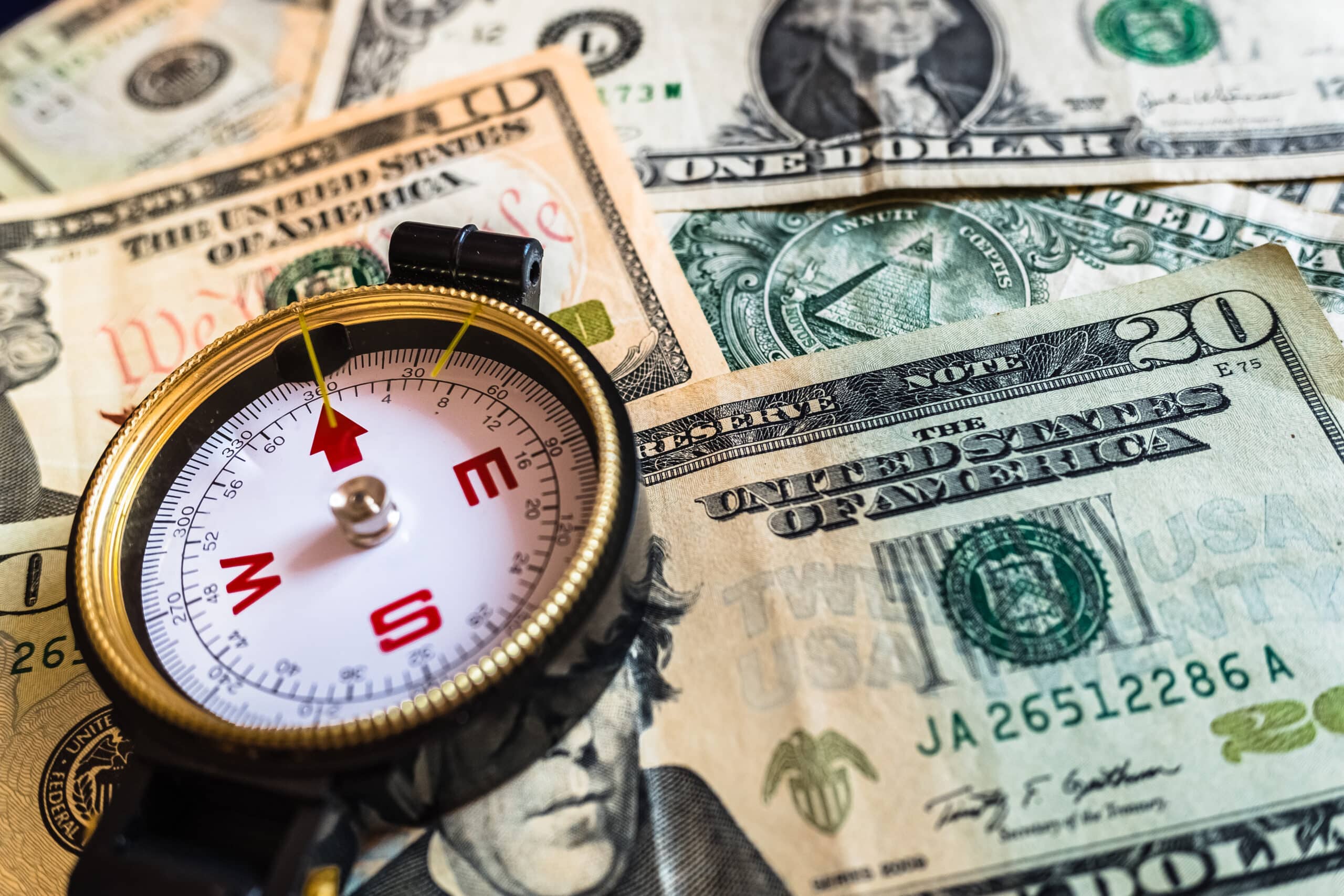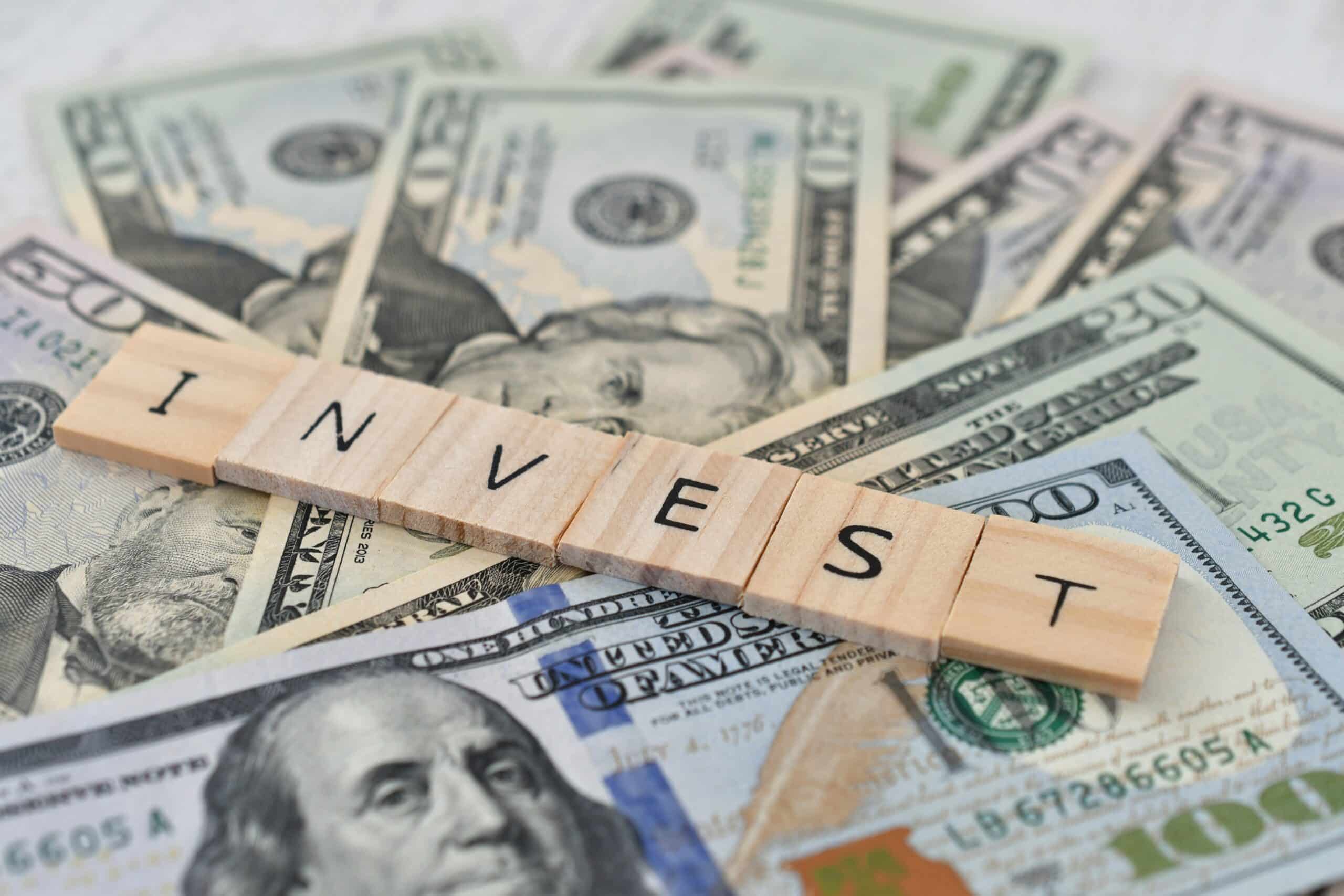Financial literacy is a very crucial part of human existence. Staying on top of your financial accounts, from checking to savings to credit cards, can be a lot to handle, especially when juggling your other daily responsibilities. Yet monitoring your finances regularly can help you stay current on account balances and help you reach your financial goals.
Financial confidence can be said to be the ability to recognize and act upon our strengths for improvement when managing our own money. Like many aspects of our lives, people possess different confidence levels regarding personal finances and money management. However, to live a good life, you should pay attention to your finances. Whether you have a large or moderate-income, you will save yourself from many worries if you know how to manage your finances well.
Here are some ways you can monitor your finances seamlessly
Set up a budget
Budgeting helps ensure that your expenditure aligns with your financial goals. When you make a budget, you see an overview of your income and expenditure. You will see exactly where your money is going; this will help you prioritize and ensure you are spending money on essential things.
Set financial goals; even though budgeting is the first step in monitoring your finances, it is also important to know why you are budgeting. It could be that you are saving for your dream home, your dream car, or you want to breathe a little easier at the end of next month. Having financial goals make it easier to maintain a budget.
Manage your debts
Debts can hinder us from attaining our financial goals. Therefore, knowing how to manage your debts is a huge step in learning how to manage your finances. You could create a monthly bill payment calendar to help determine which bills to pay and which paycheck. Pay your credit card promptly and ensure you do not exceed the limit.
Create an emergency fund
Unexpected expenditures may arise at any time leading to financial stress. Financial stress is real and can happen to the best of us even when it seems like we had everything planned out. To reduce stress, it is advised to build an emergency fund to cover these unforeseen expenses. An emergency fund could and most likely will alleviate your stress in several ways. Most importantly, it will give you the psychological security you need to be calm in stressful situations. In addition, you will have the money to meet them if unexpected costs arise — such as a vehicle repair or a last-minute trip to visit family. In this way, you will avoid getting into more debt and will be able to avoid solutions such as borrowing money or racking up charges on your credit cards that you cannot afford to pay off.
Seek experts’ help
Not everyone can deal with their finances as they should. Financial planning is a whole lot of work, and sometimes, we need the help of experts to keep us on track. These experts can help you manage and finetune your financial goals, whether you are saving for a home or other expenditures.
Start investing
Investments are fantastic if you want to gain financial freedom. A good investment portfolio can help you achieve your long-term financial dreams. For example, build a nest egg for your retirement, repay your mortgage early, or pay university fees for your children. Even if your capacity to invest is limited, small contributions to investment accounts can help you use your earned money to generate more income.
Save
Make it a habit to save and include savings in your budget. Allot a percentage of your income every month as your savings. Having a good amount of savings regularly always helps you face your future with confidence and will save you many financial worries.
Conclusion
Financial independence is the best thing that can happen to any individual. With the process described above, if you adhere to them strictly, you are on your way to a healthy financial status. Make sure you track this progress as you begin to pay down your debt and your financial stress decreases. Being aware of how much money you have, rather than sitting in uncertainty, will help you build a more healthy relationship with money and reduce stress. You might consider rewarding yourself by giving yourself an incentive for your hard work. You might, for example, spend $20 on a nice meal or your favorite bottle of wine for every $500 you save.


